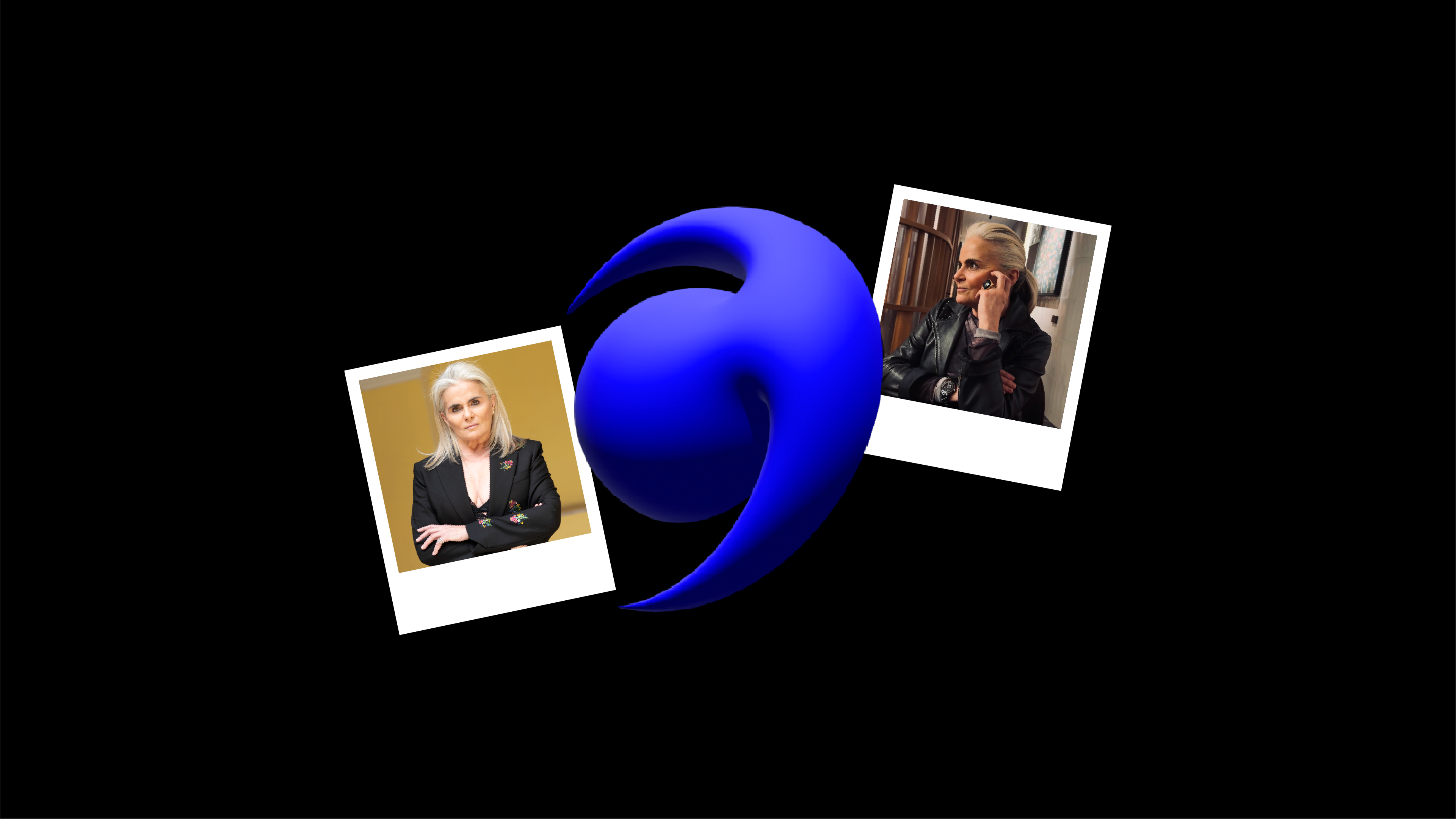By Poppy Grijalbo, PR, Art Patron, Publisher, Lifestyle Advisor & Charity Maker.
In today’s world, the launch of a brand would be inconceivable without Public Relations (PR). PR professionals effectively bridge the gap between our clients and various audiences.While I specialize in PR, I don’t manage communications; for that, I rely on expert colleagues when needed.
What PR professionals do?
We help build and strengthen brands, companies, and clients. We ensure that messages are consistent and aligned with the company’s values and goals.
Through careful communication management, we aid in building and maintaining a positive reputation.
Generating anticipation and excitement
PR strategies are designed to generate media coverage before, during, and after an event, increasing visibility and creating anticipation.PR tells compelling and engaging stories through events that capture the interest of the audience and the media.
Direct interaction with the audience
Through events, PR facilitates direct and meaningful interactions between the brand and the consumer, creating memorable experiences. Events allow for immediate feedback from attendees, which is invaluable for refining and improving future strategies.I always tell my clients: “If you have eggs and potatoes and know what to do with them, you don’t need me.”
Crisis Management
We must be prepared to handle any adverse situation that may arise during an event, providing the client with the assurance that everything is under control.
In a crisis, PR ensures that messages are clear, transparent, and managed positively and professionally. Each event teaches us, and we learn to make strategic adjustments to improve future activations and events.
Evaluating the Impact Created
Through positive and memorable experiences, PR contributes to audience loyalty and strengthens long-term client relationships.
Long-Term Relationships
Networking is essential and helps in building audience loyalty and strengthening relationships. Maintaining a database with knowledge of each individual’s name is crucial.
But… What Skills Are Needed?
– Ability to write and speak clearly, persuasively, and appropriately to different audiences.
– Ability to establish and maintain relationships with clients, employees, and other stakeholders.
– Crisis management skills to minimize damage to the organization’s reputation.
– Ability to plan and execute PR campaigns that align with the client’s objectives, and to listen effectively.
Public relations are fundamental to building and maintaining a positive image, managing public perception, and ensuring effective communication between the organization and its key audiences.









